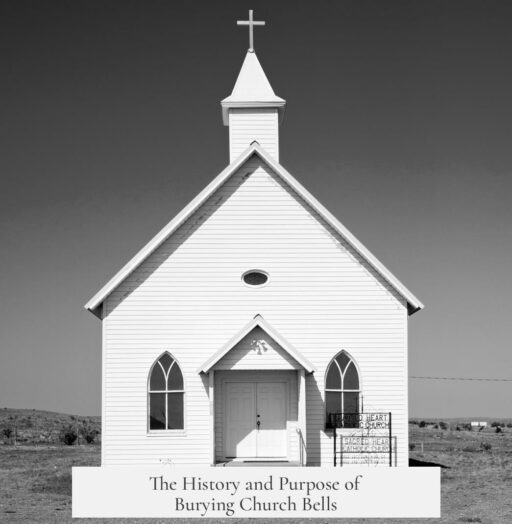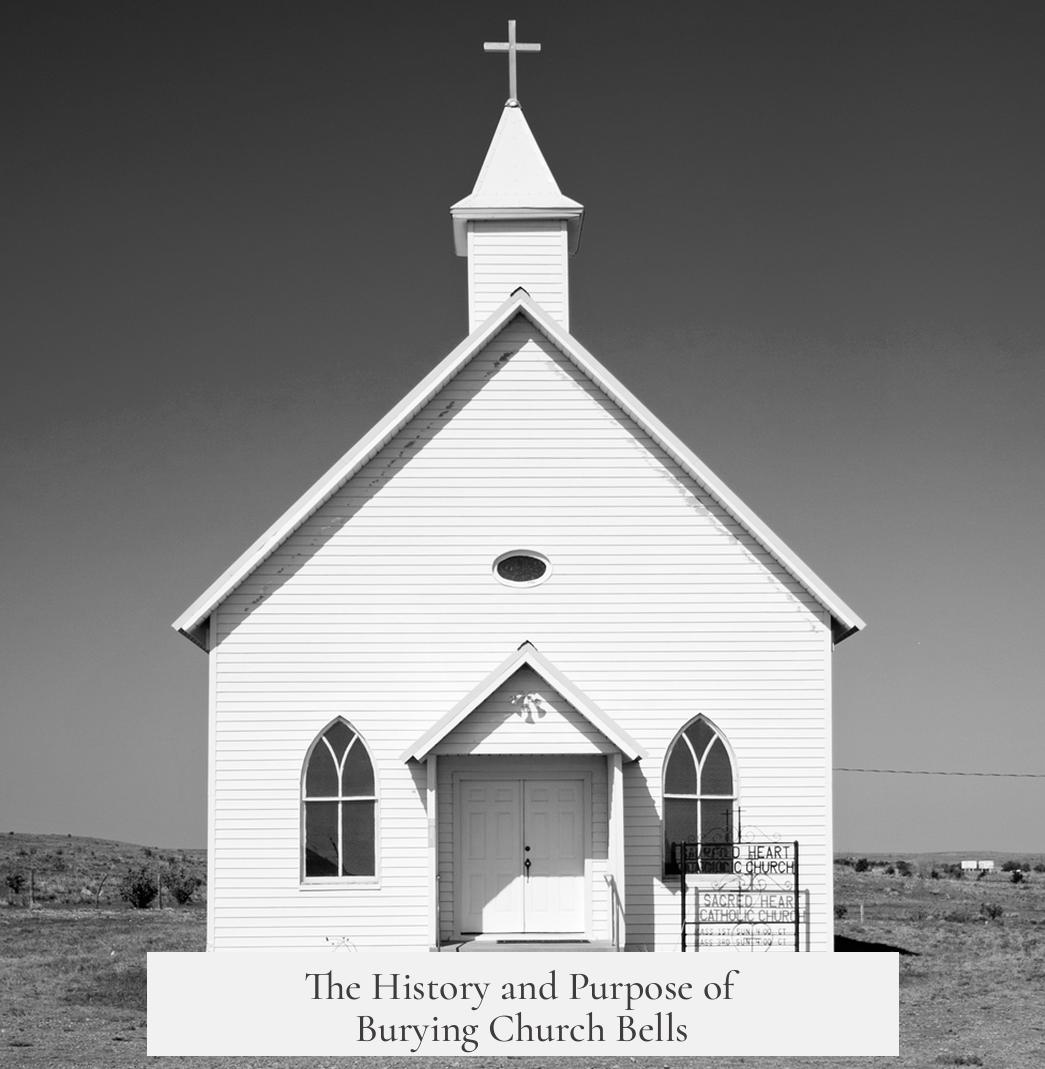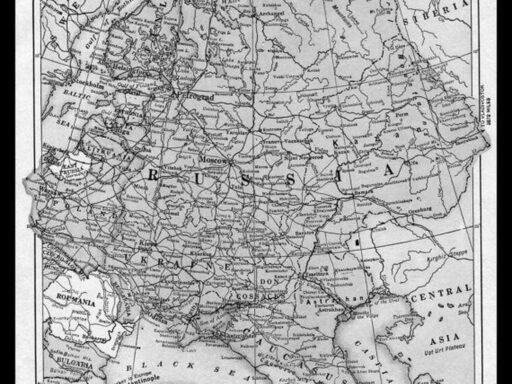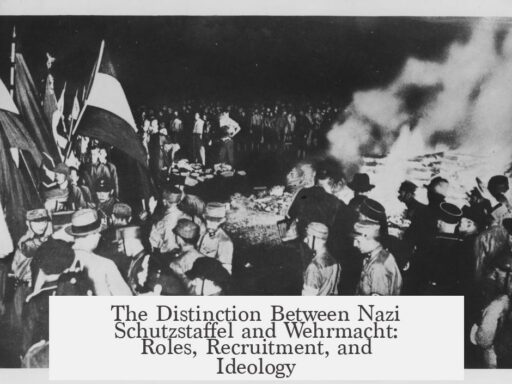Burying church bells historically relates to protecting, retiring, or symbolically “deactivating” the bells during times of crisis, transition, or for sacred reasons. Church bells have long served as community signals for worship, warnings, and celebrations. When threatened by war, theft, or metal requisition, communities sometimes buried bells to hide and preserve them. Alternatively, bells deemed no longer suitable or damaged might be respectfully interred rather than destroyed.
This practice arose mainly in Europe during periods of conflict, especially in the World Wars. Many countries melted down bells to repurpose valuable metals for ammunition and military production. To prevent losing their bells, church caretakers sometimes buried them in churchyards or nearby fields.
In other cases, burial served as a symbolic act when a church closed or when a bell was retired. Instead of discarding a bell, communities gave it a dignified “resting place.” Such burials preserved the bell’s sacred significance. They reflected respect for the bell’s role in religious and social life.
Key reasons for burying church bells include:
- Protection: Concealing from invading armies or looters
- Preservation: Preventing melting down during resource shortages
- Retirement: Respectful disposal when bells become unusable
- Symbolism: Marking the end of a church’s functional life or honoring the bell’s service
Documentation on this practice is limited and varies by region. The tradition never became widespread or standardized, often depending on local customs and the era’s particular threats. Some buried bells were later recovered and restored to use after the danger passed.
In summary, burying church bells served practical and ceremonial functions during turbulent times. The act balanced community reverence with the need to protect valuable metal objects.
- Church bells were sometimes buried to hide them from war or theft.
- Burial preserved bells during metal requisitions in wars.
- Bells might be buried symbolically when retired or churches closed.
- The tradition was situational, varying by location and need.




